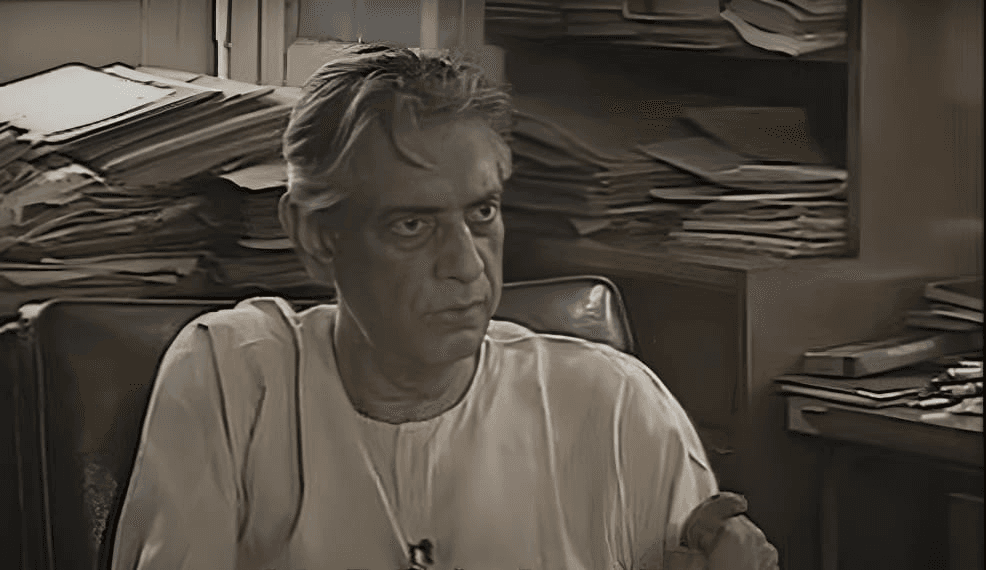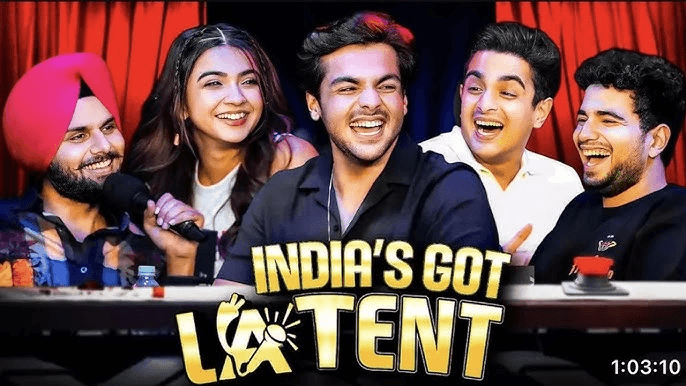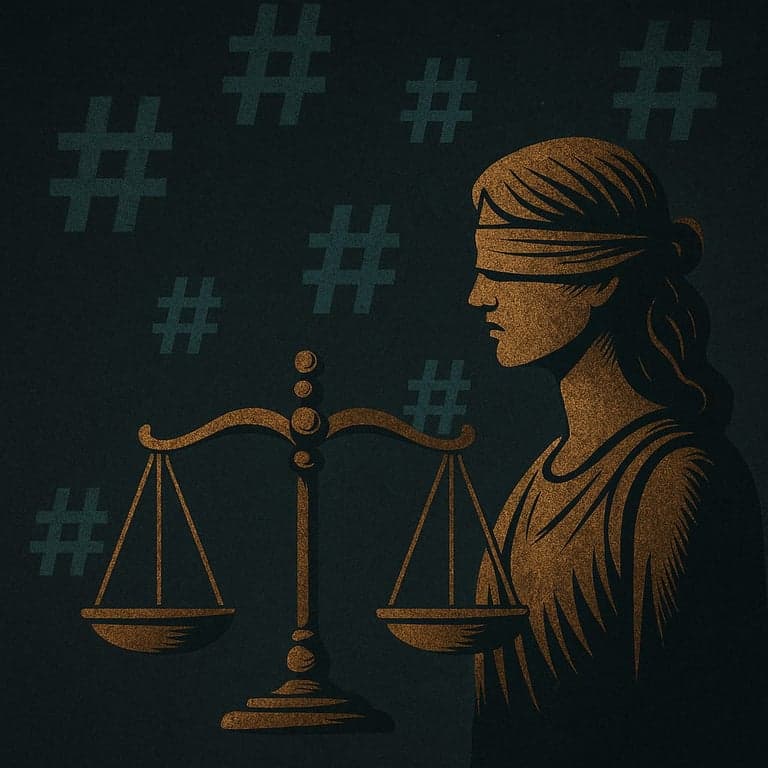
The buzz around Interstellar’s re-release in India isn’t just about a visual spectacle—it’s about exploring the deeper messaging woven into its narrative and how they resonate with the changing world around us. In an era marked by political shifts, various movements, and a growing focus on mental health, cinema has evolved into a subtle yet powerful messenger. Movies now serve as blueprints for a better future, cautionary tales warning us of what’s at stake if we ignore the signs.
When we revisit Interstellar, we’re not merely taking a nostalgic trip; we’re engaging in a conversation about survival, hope, and the delicate balance between progress and the preservation of our planet. The film’s portrayal of humanity’s struggle against the forces of nature and time mirrors the real-world battles we face—climate change, political instability, and social inequities. Just as the characters venture into the unknown space to save their future. Today's citizens challenge old systems, demanding reforms that address the pressing issues of our time.
This act of questioning is familiar in Indian cinema as well. Take Dangal, for example. At its heart, Dangal is more than a sports film; it’s a story of breaking gender stereotypes and defying societal expectations. It reminds us that change often begins in the family, and that every individual’s fight against injustice can ripple outward, sparking broader conversations about gender equality. Similarly, 3 Idiots captured the mental health crisis lurking beneath the pressure-cooker environment of India’s education system. Through humor and heartfelt moments, it urged us to challenge a systematic approach that values conformity over creativity—a call that continues to reverberate in today’s classrooms.
Expanding our lens beyond the borders of India, films like The Social Network have dissected the rise of digital empires and the cost of technological advancement. This film, though focused on the early days of Facebook, speaks volumes about the power dynamics in the age of social media—a phenomenon that has redefined communication, politics, and even mental health. Its subtle critique of ambition and the relentless quest for validation is a modern echo of the age-old struggle between an individual’s dreams and social expectations.
Another film that adds a unique voice to this dialogue is Fight Club. While its portrayal of anarchy and the quest for personal identity might seem extreme, it taps into the undercurrent of disillusionment that many feel in today’s consumer-driven world. The movie’s raw narrative on breaking free from the chains of conformity resonates in a time when people are increasingly skeptical of assessing established institutions, be it in the field of politics, business, or even in the relationship dynamics within their home.
What ties these films together is not just their storytelling but their insistence on looking beneath the surface. In every frame and dialogue, there’s an invitation to question the status quo. Whether it’s the futuristic survival strategies in Interstellar, the personal battles in 3 Idiots, the societal impacts of digital ambition in The Social Network, or the rebellious spirit of Fight Club, each film serves as a reminder that art reflects life—and sometimes, it even shapes it.
In today’s world, where every headline seems to scream division and discontent, cinema offers a unifying perspective. It is a realm where political, social, and personal issues intersect, urging us to consider how every revolution, no matter how small it is, shall begin with a question. In a time when protests fill the streets and conversations about feminism-(equality), mental health, and social justice are more significant than ever, these films create a genre within themselves which caters more than entertainment, by becoming part of a larger dialogue just as a mirror reflecting our collective struggles and a roadmap toward change.
The interconnection between these fictional narratives and the real world isn’t accidental. Art often emerges in response to the times of what humans go through. The evolution of society does bring an update in the way of conveying stories. These films remind us that every act of questioning and every stand taken against injustice can spark a movement. They show us that our personal battles, whether fought on a wrestling mat, in a classroom, or in the virtual corridors of social media, are all part of the same larger fight for a fairer, more inclusive society.
So, as you settle yourself for the event of Interstellar’s re-release, try to look beyond the surface. Consider how the film’s themes of survival and hope echo in the tales of Dangal, 3 Idiots, The Social Network, and Fight Club. These stories, varied in their settings yet united in their call for change, are an invitation to decode cinema’s hidden messages. They remind us that while the world around us may be changing rapidly, the power of questioning, of rebellion, and of hope remains constant.
In the end, cinema isn’t just a mirror—it’s a catalyst. It inspires us to challenge old paradigms, to question deeply held beliefs, and to fight for a world that is just an innovative one. With each re-release and every new perspective, films continue to remind us of our potential for change—a call to action for every individual, in every corner of the globe.
Written by Rose Bachwani


